Refrigerators and Freezers: Essential Technology for Medical Innovation and Laboratory Research
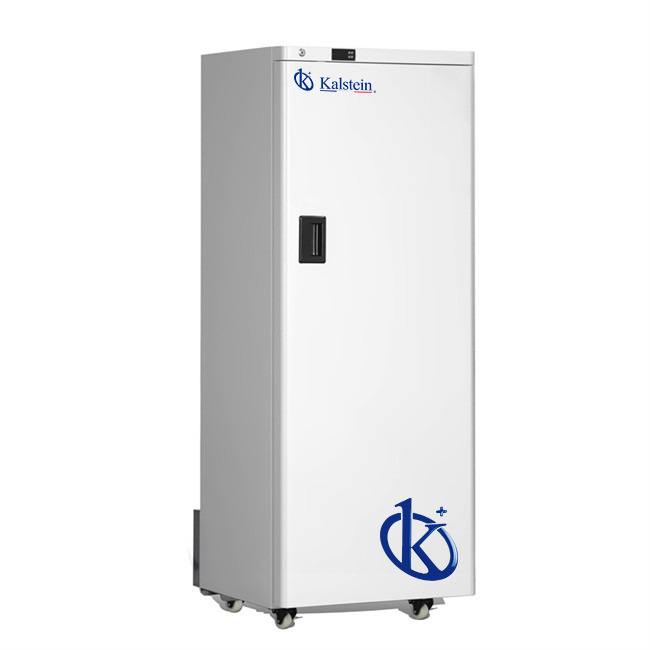
In the modern world, refrigerators and freezers have evolved far beyond being mere household appliances. These devices are vital in multiple industries, particularly in the medical field and laboratory research. Their ability to maintain accurate and consistent temperatures is crucial for preserving biological samples, medicines, and scientific reagents that are essential for innovation and advancement in medicine and science.
Refrigerators and Freezers: Medical Innovation and Essential Tools in Laboratory Research
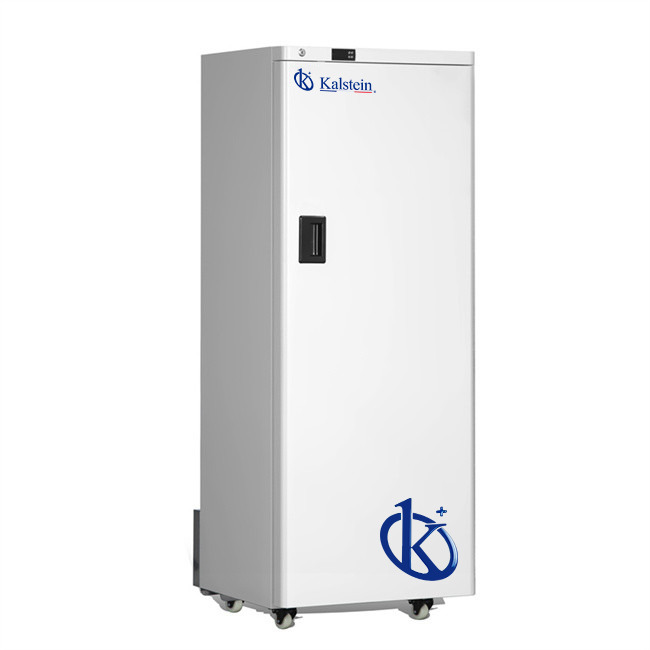
Refrigerators and freezers are integral tools in any biomedical laboratory, research institution, or medical facility. It is likely we overlook, in our daily lives, how much we rely on these appliances until we face a service disruption or equipment failure. In scientific and medical environments, refrigerators and freezers are vital, with the repercussions of a failure being far more severe.
The Future of Veterinary Ultrasound
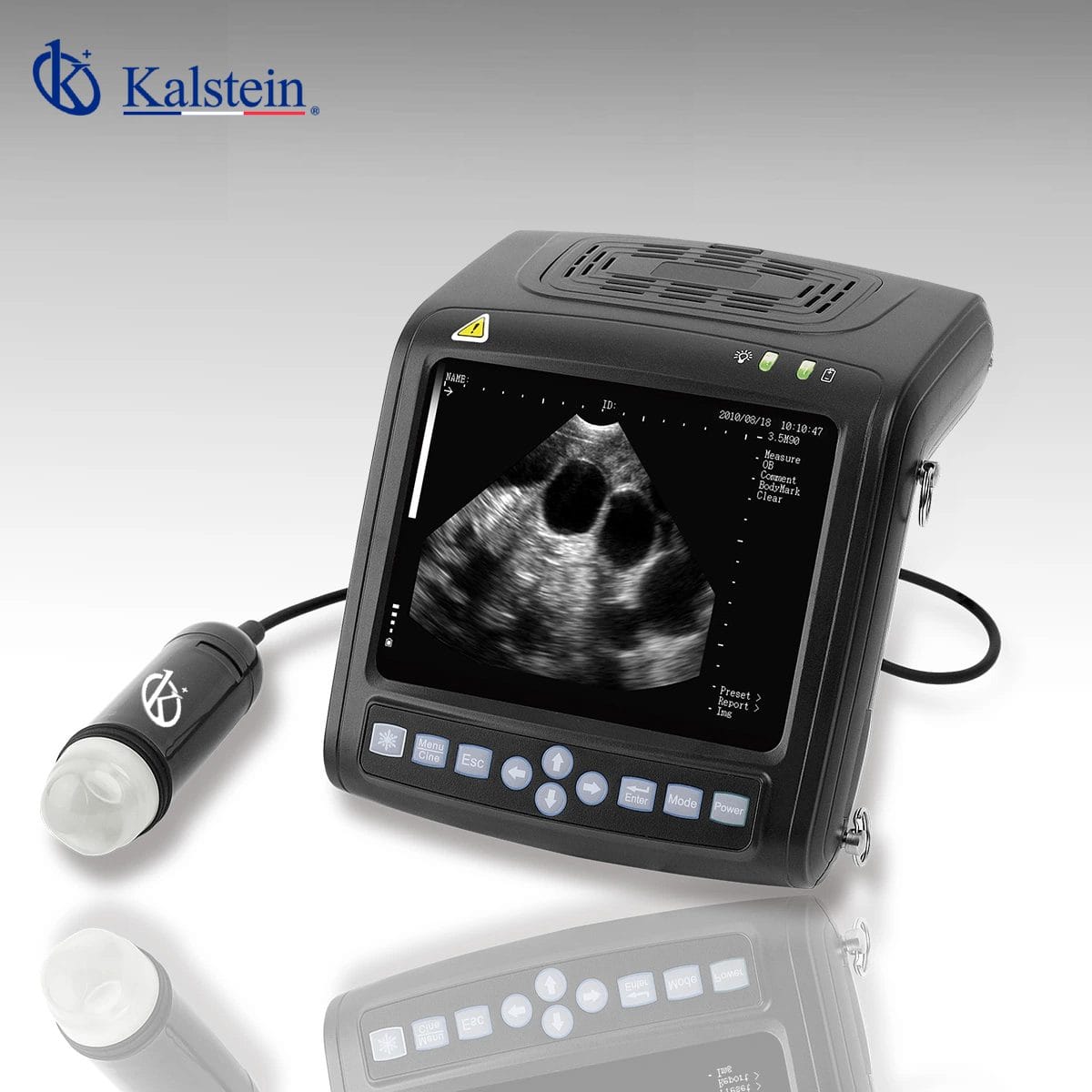
Technology is advancing by leaps and bounds, and the veterinary sector is not lagging behind. Nowadays, veterinary ultrasound has become an essential tool to improve the medical care of our animal companions.
Benefits and Features of Modern Refrigerators and Freezers: A Culture of Medical and Laboratory Innovation
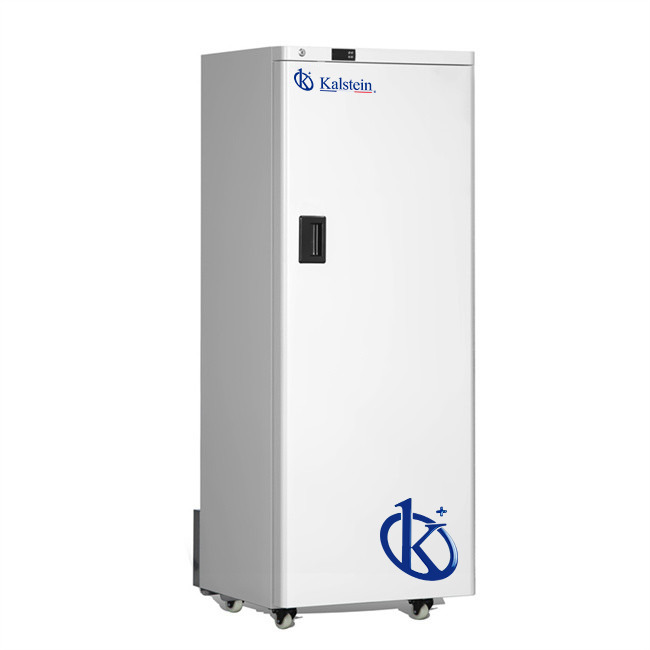
Medical innovation has played a critical role in the advancement of modern refrigerators and freezers. Today, these refrigeration devices are not only indispensable in homes and businesses, but also in medical and laboratory research fields. Medical refrigerators function to store medications, biological samples, and reagents that require precise temperatures for their preservation.
Veterinary Ultrasound Analysis Software: Advanced Real-Time Image Interpretation

The advancement of technology has led to the creation of essential tools in the veterinary field, and ultrasounds stand out as one of the most valuable pieces of equipment in daily practice.
Doppler Technology in Veterinary Ultrasound: Blood Flow Evaluation in Farm Animals

The use of veterinary ultrasound has evolved significantly in recent years, and one of the most important advancements has been the incorporation of Doppler technology. This technology not only allows the visualization of internal structures but is also essential for evaluating blood flow in farm animals. As someone who has had the opportunity to work with different ultrasound equipment in veterinary practice, I can affirm that this technology makes a notable difference in animal care and diagnosis.
High Precision Diagnosis with High Frequency Veterinary Ultrasound Probes

In the field of veterinary medicine, the ability to obtain quick and accurate diagnoses is key to the well-being of animals. Veterinary ultrasound has revolutionized this process, and the move toward more portable and high-precision technologies has allowed veterinarians to offer more effective care.
The Refractometer: Medical Innovation and Research in Modern Laboratories
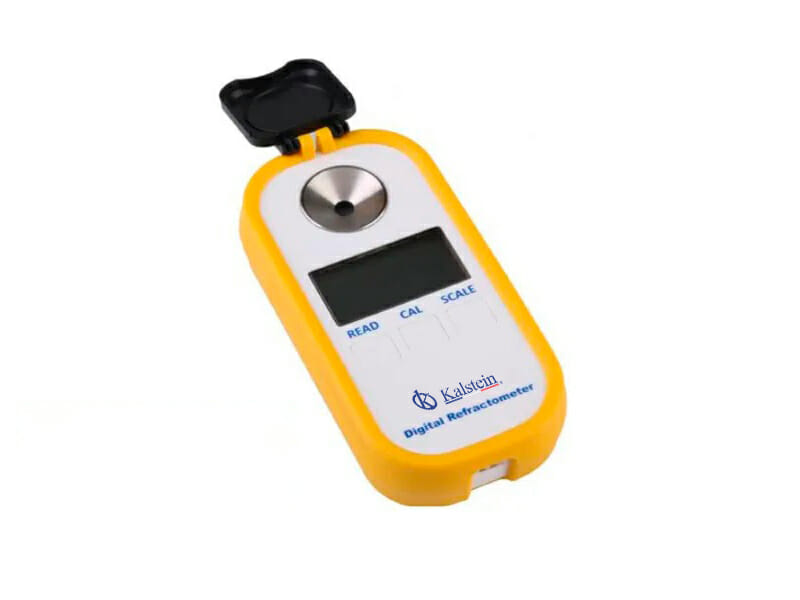
The spectrum of medicine is vast and ever-evolving, with one of the most revealing influences being medical innovation. One specific innovation that has had a significant impact in the medical field is the refractometer.
Refractometer: An Undeniable Tool in Medical Innovation and Laboratory Research

Medical innovation is a field that demands stringent precision and reliable results. In this setting, the refractometer emerges as an indispensable tool. This instrument is used to measure the refractive index, a physical property of a given substance. Crucially, it delivers data about the substance’s composition and purity.
Revolutionizing Laboratory Research and Medical Innovation: The Unique Benefits of a Refractometer

A refractometer is a precision optical tool used to determine the refractive properties of substances. It measures the degree at which light changes direction or refracts when passing through a substance, providing accurate information about the density and refractive index of the material under examination. Light passing through various materials refracts to various degrees, and this property is the underlying principle for the operation of a refractometer.
